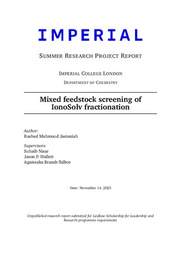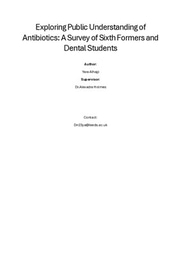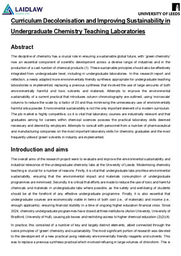Summer I Research Project
Psychosocial stressors affect maternal health and lead to increased maternal morbidity and mortality. These stressors include major life events, abuse, discrimination, financial strain, neighborhood safety, and work strain. Several studies have found an increased risk for poor obstetric outcomes such as infant mortality, low birth weight, and preterm birth due to stress, such as psychosocial stress. Behaviors such as poor nutrition, smoking, and a variety of other unhealthy habits are associated with increased maternal psychosocial stress. These behaviors are also risk factors for preterm birth and have shown an association between maternal stress in pregnancy and congenital heart defects. This cross-sectional study looked at the smoking patterns of women who experienced major life psychosocial stressors using the Centers for Disease Control and Prevention’s Pregnancy Risk Assessment Monitoring System (PRAMS). After adjusting for ethnicity, maternal age, marital status, WIC, parity, abuse, insurance, and education, a significant association between stressful life events and smoking during and after pregnancy was found. This indicates women are more likely to smoke during and after pregnancy when they are dealing with stressful life events, which is harmful to the health of mothers who smoke and their children. Current interventions and programs for smoking cessation should implement healthy coping mechanisms for women who experience stressful life events to avoid smoking during and after pregnancy.





Please sign in
If you are a registered user on Laidlaw Scholars Network, please sign in